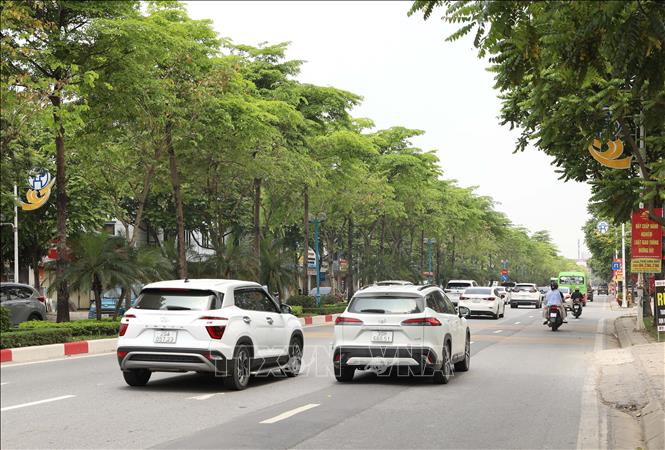
Large contributor to urban emissions
At the workshop "Reducing pollution from diesel-powered vehicle emissions: Current situation and solutions in major cities in Vietnam", organized by the Vietnam Petroleum Institute (VPI) and the PetroVietnam Fertilizer and Chemicals Corporation (PVFCCo Phu My), two member units of the Vietnam National Energy Industry Group ( Petrovietnam ) on October 27 in Hanoi, many delegates pointed out that with high efficiency and optimal operating costs, diesel engines are still a popular choice for systems requiring large capacity. However, diesel engines are also a source of NOx (Nitrogen Oxides) emissions - a toxic gas that negatively impacts the human respiratory system, promotes the formation of PM and ground-level ozone, negatively affecting public health and vegetation.
According to Dr. Nguyen Huu Luong, Vietnam Petroleum Institute (VPI), diesel vehicles are a major contributor to urban emissions, causing environmental pollution. In EU countries, road traffic contributes 50% of NOx and PM emissions, of which 80% comes from diesel vehicles. In China, diesel vehicles contribute 70% of NOx and 90% of PM from all types of cars.
Notably, about 70% of the total cancer risk associated with air pollutants in California (USA) is due to PM from diesel while NOx is the main precursor to PM 2.5 and ozone. In Vietnam, large cities such as Hanoi and Ho Chi Minh City are also facing the problem of NOx and fine dust pollution. Therefore, reducing emissions from diesel vehicles is very important to help reduce environmental pollution, Dr. Nguyen Huu Luong emphasized.
Sharing this view, Dr. Hoang Hai, Department of Environment of the Ministry of Agriculture and Environment, said that air pollution is an existing problem in Vietnam, focusing on the key economic region in the North (Hanoi and neighboring provinces) and the key economic region in the South (Ho Chi Minh City and neighboring provinces). From the experience of countries in the region, especially in Beijing, China, controlling emissions from vehicles is still a key factor to improve air quality in the future.
Dr. Nguyen Huu Luong, Vietnam Petroleum Institute (VPI), said that to solve the environmental problem caused by NOx emissions, countries with strict emission standards such as Europe, the US, Japan, China, etc. are widely applying the solution of using SCR filters with DEF/Adblue solution, equipped on most modern diesel vehicles to remove NOx from diesel engines.
According to Dr. Nguyen Huu Luong, with Euro 5-6 and EPA 2010 emission standards requiring a NOx reduction of 80-90%, the SCR + DEF solution is currently the most optimal choice because it not only helps reduce 70-95% of Nox but also helps improve engine performance by 3-5%, helps save fuel by 3-6% as well as helps increase the life of diesel vehicles.
In Vietnam, since June 2025, PVFCCo-Phu My has officially launched the product DEF Phu My Xanh with a content of 32.5% urea and 67.5% demineralized water.
Mr. Vu An, Deputy General Director of PVFCCo-Phu My, said that the production of DEF Phu My Xanh solution is part of the company's urea value chain. Currently, Phu My fertilizer plant is producing more than 800 thousand tons of urea/year, so PVFCCo Phu My can take the initiative in input materials as well as have advantages in production costs. In addition, DEF Phu My Xanh product has a higher purity than similar products on the market produced from granular urea.
However, despite meeting the international standard ISO 22241 for higher purity than most similar products on the market, access to consumers is still difficult. The reason is that Vietnam does not have regulations requiring the use of DEF, while the awareness of transport businesses and vehicle operators about the harmful effects of NOx gas on the environment, health and vehicle components is still limited.
In addition, the distribution system and charging infrastructure are not yet synchronized, and the market has not yet formed a large scale, which is also an obstacle for pioneers in the business of NOx reduction solutions. In addition, some individuals and transport businesses are afraid of having to pay additional periodic costs for NOx treatment solutions even though the use of DEF/Adblue is only equivalent to about 3-5% of diesel fuel consumption, while the benefits it brings not only protect the environment but also help prolong the life of vehicle parts, improve thermal efficiency, and save fuel, Mr. Vu An said.
Need for synchronous solutions
According to Dr. Hoang Hai, Department of Environment - Ministry of Agriculture and Environment, Vietnam is accelerating the roadmap for emission control. According to the roadmap stipulated in Decision 49/2011/QD-TTg dated September 1, 2011, domestically produced and imported vehicles from 2017-2021 will have to apply Euro 3 emission standards from January 1, 2026; Euro 4 emission standards will be applied from January 1, 2027 in Hanoi and Ho Chi Minh City.
For domestically produced and assembled cars and newly imported cars into Vietnam from 2022, Euro 4 emission standards will be mandatory from January 1, 2026; Euro 5 standards will be applied from January 1, 2028 in Hanoi and Ho Chi Minh City; and Euro 5 standards will be applied from January 1, 2032 nationwide.
With such an emission control roadmap, many experts believe that Vietnam needs to have more synchronous solutions in addition to supporting policies to help domestic enterprises proactively produce DEF solution to reduce NOx emissions.
According to Dr. Hoang Hai, EU countries and Japan are applying solutions to periodically control the quality of emissions from cars in circulation at inspection facilities while simultaneously monitoring the reality on the road, in which diesel vehicles are tested for emissions with limited smoke levels.
In China, in addition to regular vehicle emissions testing, some major cities in China also monitor heavy vehicle emissions using on-road sensor systems. If the emission concentration exceeds the allowable limit twice within 6 months, a maintenance check is required. In particular, the strict application of the OBD remote emission diagnostic system has helped monitor compliance with emission standards, thereby significantly reducing NOx emissions from heavy diesel vehicles in Beijing. With these synchronous solutions, NO2 emissions in Beijing have decreased by 43% from 2017 to 2020.
A representative of the Vietnam Automobile Manufacturers Association (VAMA) said that some new car models such as Ford Transit and Ford Everest manufactured after 2022 have been designed with an SCR processor with an AdBlue/DEF solution tank to reduce NOx emissions, and have compatible emission reduction solution management software connected to the OBD software on the vehicle. However, many level 2 standard diesel vehicles in circulation in Vietnam do not have an SCR+ AdBlue/DEF processor. Meanwhile, the registration agency tests emissions but only at a single level and at a slightly low level.
The Ministry of Agriculture and Environment has issued the National Technical Regulation QCVN 85:2025/BNNMT on emissions from road vehicles with 5 emission levels. However, the draft specific implementation roadmap has only been submitted to the competent authority for consideration and has not yet been approved.
Also according to the VAMA representative, although Thailand only applied Euro 5 emission standards from the beginning of 2025, which is later than Vietnam, when applying this standard, Thailand by default eliminated all types of fuel that do not meet Euro 5 standards. However, in Vietnam, diesel still exists in both diesel II and diesel V. "This is a problem of disadvantages and we hope that the supply of level V fuel will be synchronized nationwide because clean vehicles, clean fuel means a clean environment."
On Petrovietnam's side, Deputy General Director Le Xuan Huyen said that Decision No. 49/2011/QD-TTg dated September 1, 2011 "on the roadmap for applying emission standards to newly manufactured, assembled and imported automobiles and two-wheeled motorbikes" is not fair between automobile manufacturers and fuel manufacturers because if diesel engine vehicles meet Euro V standards with SCR+DEF/Adblue filters, even though the fuel may not meet Euro V standards, it will still be able to remove emissions and not have much impact on the environment. In addition, the emission standards policy needs to be consistent with the upgrade and expansion roadmap of the Dung Quat oil refinery (expected by the end of 2028) as well as consistent with Vietnam's current economic conditions.
To promote product consumption, PVFCCo Deputy General Director Vu An said that the Corporation will strengthen cooperation with Vietnam Oil Corporation (PVOIL) to deploy Phu My Xanh DEF filling stations at PVOIL gas stations to create convenience for users. In the near future, PVFCCo will cooperate with Vietnam National Petroleum Group (Petrolimex) with the largest petroleum distribution infrastructure in the country to bring environmentally friendly Phu My Xanh DEF products closer to consumers. In addition, PVFCCo also provides a variety of packaging capacity options for many different customer groups such as 10l, 20l cans, IBC tanks, or ISO tanks... with competitive prices.
However, in addition to the efforts of businesses, delegates attending the workshop agreed that it is really necessary to enforce emission standards as well as have sanctions to monitor compliance with emission standards. In fact, the use of old diesel engines or the disabling of SCR+DEF/AdBlue catalytic converters is causing huge environmental pollution in big cities.
The Vietnam Petroleum Association recommends that in addition to increasing communication with the participation of scientists so that diesel vehicle owners are required to use DEF solution to reduce NOx emissions, management agencies such as registration agencies must actively participate in controlling vehicle emissions, especially diesel vehicles.
Source: https://baotintuc.vn/kinh-te/giam-phat-thai-xe-diesel-giai-phap-can-dong-bo-va-quyet-liet-20251027215543053.htm


![[Photo] National Assembly Chairman Tran Thanh Man receives Chairman of the House of Representatives of Uzbekistan Nuriddin Ismoilov](https://vphoto.vietnam.vn/thumb/1200x675/vietnam/resource/IMAGE/2025/10/27/1761542647910_bnd-2610-jpg.webp)
![[Photo] The 5th Patriotic Emulation Congress of the Central Inspection Commission](https://vphoto.vietnam.vn/thumb/1200x675/vietnam/resource/IMAGE/2025/10/27/1761566862838_ndo_br_1-1858-jpg.webp)
![[Photo] Party Committees of Central Party agencies summarize the implementation of Resolution No. 18-NQ/TW and the direction of the Party Congress](https://vphoto.vietnam.vn/thumb/1200x675/vietnam/resource/IMAGE/2025/10/27/1761545645968_ndo_br_1-jpg.webp)



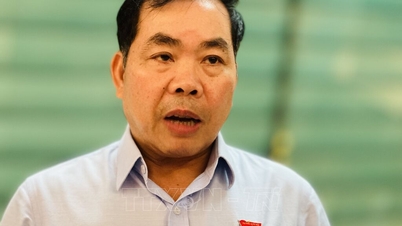





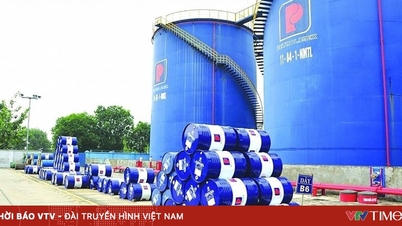

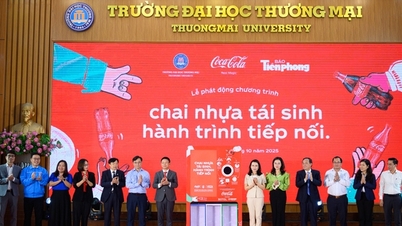

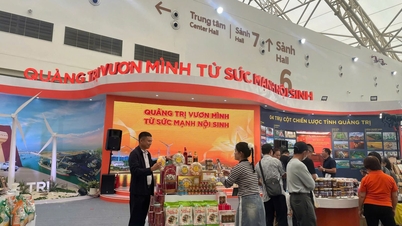



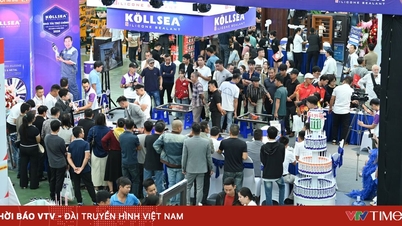
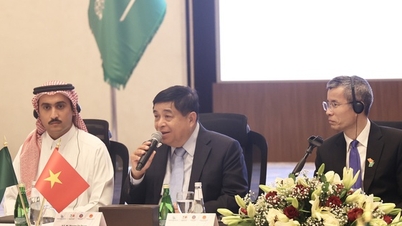




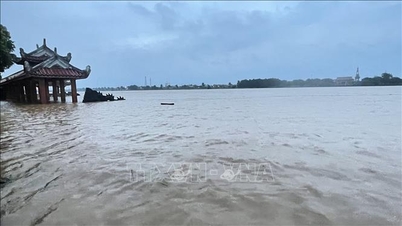

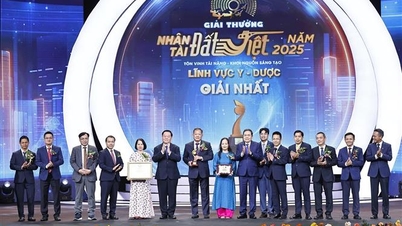

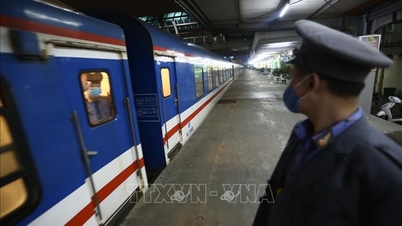

























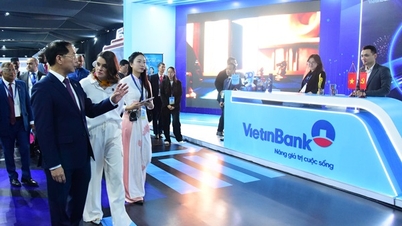














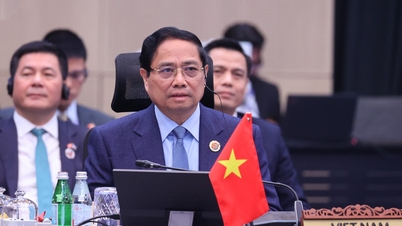








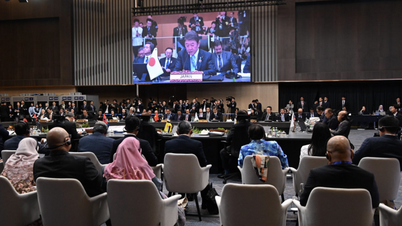


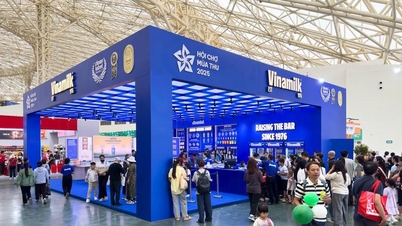
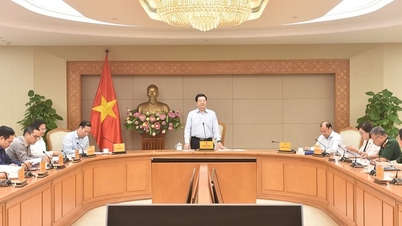

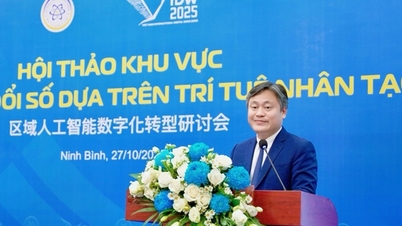
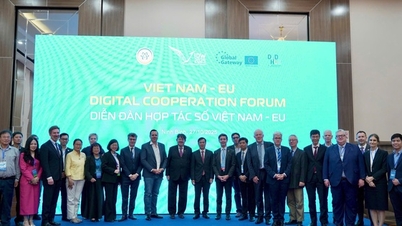
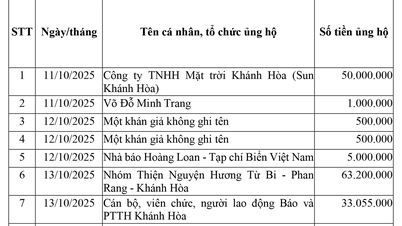

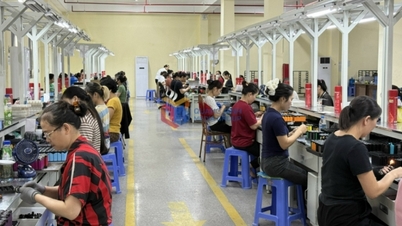























Comment (0)